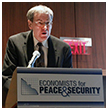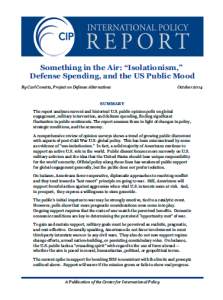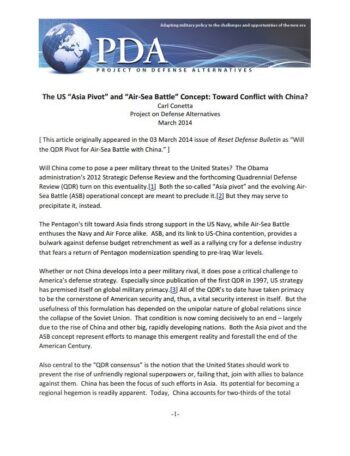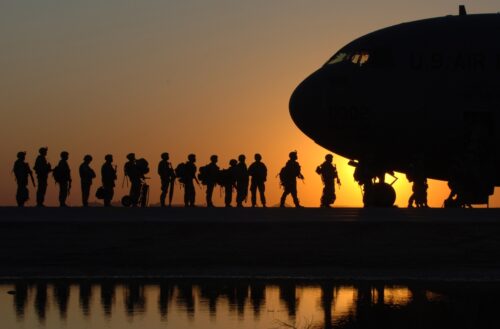by Charles Knight, U.S.News & World Report, 20 February 2018.
“North Korea is most likely to agree to verifiable arms limitations if there is a credible path for them to significantly improve their national security, end sanctions and achieve international political normalcy, including ultimately diplomatic recognition from the U.S.
“This is a rare moment in international relations when the U.S., Russia, China, Japan, and South Korea have a common interest in limiting the further development of North Korea’s nuclear force. Every reasonable avenue should be explored for making common cause to prevent war while also achieving a realistic degree of limitations on North Korea’s nuclear and missile arms.”

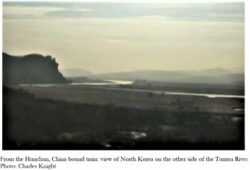
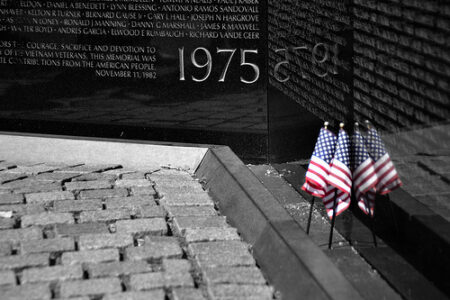
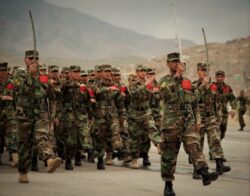 The most serious deficit of the Afghan National Security Forces…is its lack of motivation in comparison to the Taliban. One of the primary lessons unlearned from Vietnam, Iraq, and Afghanistan is that soldiers in the armies we create, train, and equip are simply not willing to fight and die for weak, corrupt, illegitimate governments.
The most serious deficit of the Afghan National Security Forces…is its lack of motivation in comparison to the Taliban. One of the primary lessons unlearned from Vietnam, Iraq, and Afghanistan is that soldiers in the armies we create, train, and equip are simply not willing to fight and die for weak, corrupt, illegitimate governments.